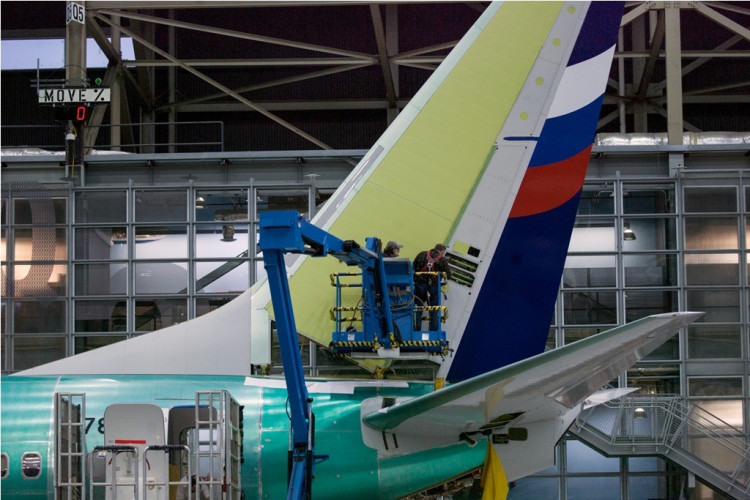Boeing and Porsche are collaborating on the creation of an electric flying vehicle, but more details about the project have yet to be revealed to the public. The news came a day before the Joint Authorities Technical Review (JATR) criticized the FAA for its inspection of the Boeing 737 Max.
According to CNN, Porsche made the announcement on Thursday, wherein the German sports car giant said the project will "explore the premium urban air mobility market and the extension of urban traffic into airspace."
Board member of Porsche's sales and marketing panel, Detlev von Platen, said that the project will see the combined efforts of the two companies in tapping a potential "key market segment" in the near future.
For Boeing's part in the collaborative project, General Manager of the airplane behemoth's next-gen vehicles and aircraft, Steve Nordlund, said the two firms will focus on accelerating urban air mobility for the global market.
Despite the big news about Boeing and Porsche's upcoming flying electric vehicle (EV) project, many industry experts are still focused on the latest revelations about the former's 737 Max model.
In what could be one of the most shocking turns of events, it was revealed on Friday that the U.S. Federal Aviation Administration (FAA) allegedly failed to review the anti-stall system of the Boeing 737, Max, appropriately.
The system in question is believed to be the failure point of the two tragic crashes in October 2018 and March of this year that took the lives of 346 people. According to Reuters, the international panel criticized the FAA for its supposed oversight in approving the anti-stall system that is being blamed for the crashes.
In a 69-page report, the JATR stated that the panel discovered how the MCAS anti-stall system was "not evaluated as a complete and integrated function" when Boeing submitted the 737 Max jet's certification documents to the FAA.
The JATR went on to clarify that while the FAA's oversight did not directly compromise the safety of the jets in question, the regulator's "inadequate awareness" of the MCAS function resulted in proper assessment of the anti-stall system.
FAA Administrator Steve Dickson said he will review the recommendations laid out by the JATR team and will move accordingly. Boeing has not yet released an official statement on the latest reveal.
European regulators have been calling for additional tests on the troubled jet ever since fleets were grounded worldwide in March, shortly after an Ethiopian Airlines jet crashed due to faulty data reception and feeding into the MCAS.
The European Union's (EU) Aviation Safety Agency (EASA) reportedly told the FAA earlier this week that additional testing of the plane's safety features was necessary, The Guardian reported.
The FAA has yet to re-certify the 737 Max jets following the supposed recertification in August. Multiple regulators have requested for more safety tests before the planes are allowed to fly again.





